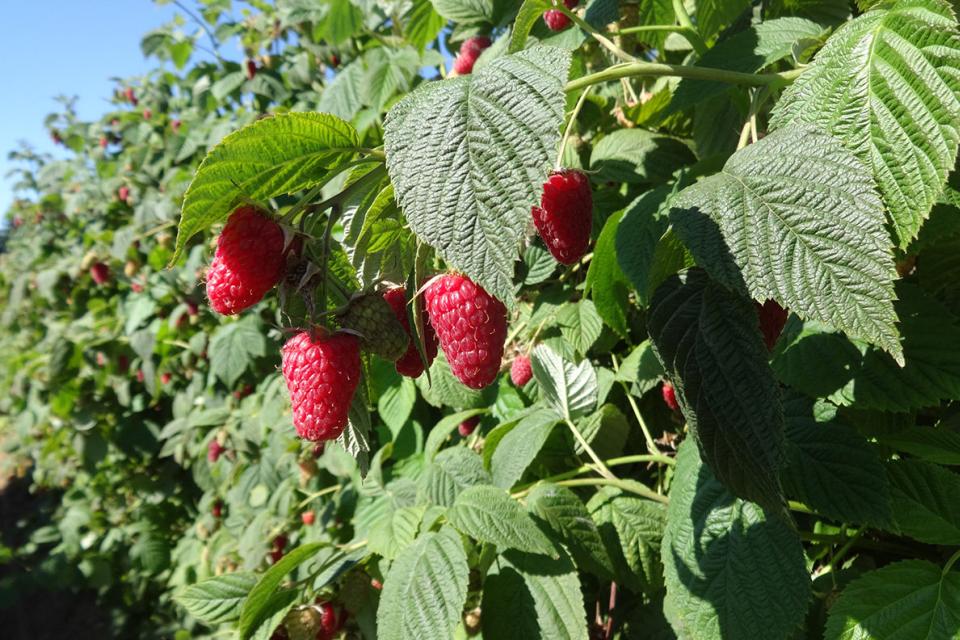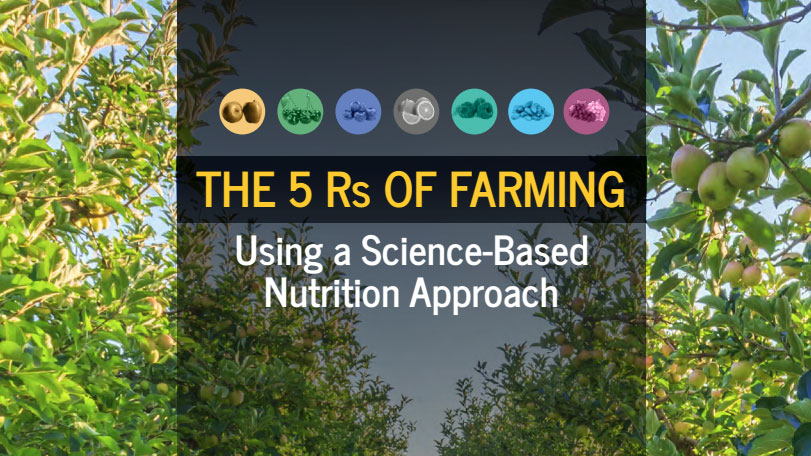New Raspberry Boasts Disease Resistance and Harvest Ease

Washington State University’s newest raspberry is ‘Cascade Premier.’ (Photo: Washington State University)
Bright, flavorful, and bred for easy automated harvest, Washington State University’s new red raspberry variety, ‘Cascade Premier,’ is more than a decade in the making. The first full harvest is expected in summer 2021.
Of the 10 raspberry varieties that Puyallup-based small fruit breeder Patrick Moore has released in his 31 years at WSU, “this is one of the best,” he said.
“It’s unusual to get something that’s this flavorful, firm, colorful, easy releasing, and resistant to disease,” Moore added. “This one hits all the sweet spots.”
Bred for Northwest Growers
Rich in fiber and vitamin C, raspberries are a “superfood,” offering folate, magnesium, potassium, calcium, niacin, vitamin B6, phosphorus, and zinc.
The No. 2 state for raspberry production, Washington grows about 80% of the nation’s processed red raspberries. With most of the state’s crop going to the frozen, processed market, the WSU breeding program concentrates on processed raspberry production.
“The ability to machine-harvest raspberries is essential to the Washington processing industry,” Moore said. “We don’t want them to come off too early when they’re not ripe enough, or late, when they’re soft and overripe,” Moore continued.
The berries of ‘Cascade Premier’ release easily at the right time, allowing growers to harvest firm berries. The new variety also grows its fruit-bearing branches to a uniform length, reducing damage to the canes from harvest and ensuring better yields.
‘Cascade Premier’ also ripens earlier in the berry season, which allows growers to lengthen their season.
In appearance, ‘Cascade Premier’ is lighter and brighter than ‘Meeker,’ and its chemistry is similar to ‘Willamette.’
“It’s a little bit tart, with good sugar levels and well-balanced flavors,” Moore said. “It’s a good-looking, good-tasting berry. ‘Cascade Premier’ has characteristics that allow it to be used for either processing or fresh—large firm fruit with excellent flavor that picks easily either machine or hand-harvested.”
Resistant to a cane-killing disease
The Northwest crop has long been dominated by ‘Meeker,’ a 1967 WSU variety. Moore has been working to give farmers updated varieties that can resist root rot.
“Once you’ve got root rot in your soil, it stays there,” Moore said.
Root rot wilts and eventually kills all of your canes, and there are no effective treatments beyond seeking virgin soil, or breeding canes that can resist the rot.
Grown at fields in Puyallup known to harbor the root rot pathogen, ‘Cascade Premier’ held up well to the disease. Tested in Washington, Oregon, and British Columbia, this new berry grows well throughout the Pacific Northwest, and it came out in the top 10% of tested varieties for yields several years running.
For years, Moore has followed a two-word convention when it comes to naming his berries. The first name is always “Puget” for strawberries, “Cascade” for raspberries.
“That helps people know they’re from WSU,” he said.
Since these berries stood out so strongly from the pack, he dubbed them “Premier.”
“There aren’t a lot of cultivars that are early fruiting with good yield and flavor, firm fruit, good root rot tolerance, and are machine harvestable,” Moore said.
“With all that it brings to the table, I believe this berry will do very well in the Pacific Northwest.”
A plant patent application for ‘Cascade Premier’ is currently pending before the U.S. Patent and Trademark Office.










